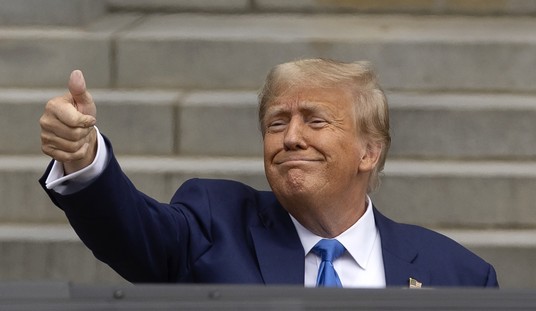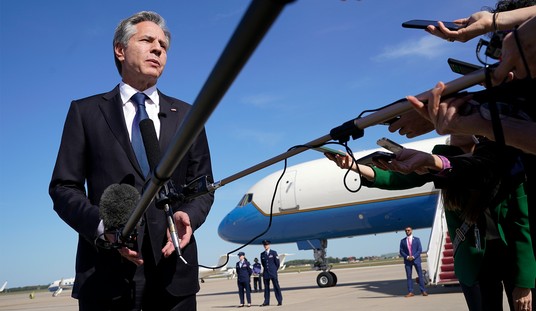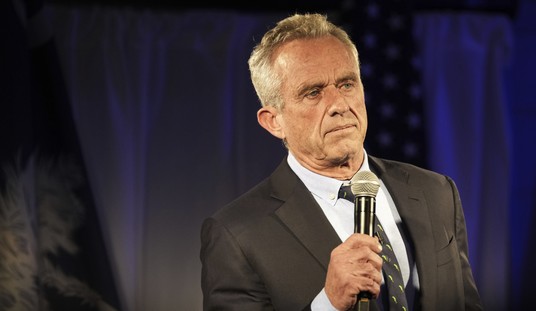The president stopped by the South Lawn of the White House before boarding his helicopter for a trip to Martha’s Vineyard and the start of his vacation to make a statement on the situation in Iraq and take a few questions from friendly reporters.
U.S. airstrikes have “successfully destroyed arms and equipment” that terrorists with ISIS could have used against the Kurdish regional capital of Irbil in Iraq, U.S. President Barack Obama said Saturday.
“We feel confident” that military efforts can prevent ISIS from slaughtering people on Mount Sinjar, where ISIS has been killing many members of the Yazidi minority, Obama said in remarks at the White House.
He declined to give a timetable for U.S. airstrikes and humanitarian air drops in Iraq. “Wherever and whenever (U.S.) personnel are facilities are threatened, it is my obligation … to make sure they’re protected,” he said.
The Iraqi government and military will need to take a series of steps to improve the security situation, Obama said. “I don’t think we’re going to solve this problem in weeks. I think this is going to take some time.”
There’s a lesson in this situation for Afghanistan, the president said: If leadership wants a new government to work, then people of different factions and ethnicities have “got to accommodate each other.”
While the U.S. can assist Iraqi security forces in fighting ISIS with airstrikes, ultimately it’s up to Iraqis to secure their country, the president said. That will take an inclusive government, he said. “All Iraqi communities need to unite to defend their country,” Obama said.
Obama said he spoke with French President Francois Hollande and British Prime Minister David Cameron about the situation in Iraq, and that both have agreed to join the United States in providing humanitarian assistance to Iraqis endangered by ISIS.
In a scathing editorial, the Washington Post said the president’s Iraq policy “isn’t connected to a coherent strategy” and that it’s “minimalist” and “unrealistic”:
While U.S. airstrikes and drops of supplies may prevent the terrorist forces from massacring the Yazidi sect or toppling the pro-Western regime in Kurdistan, Mr. Obama lacks a plausible plan for addressing the larger threat posed by the Islamic State. In recent weeks, senior U.S. officials have described the danger in hair-curling terms: The Islamic State forces, which have captured large numbers of U.S.-supplied heavy weapons, threaten not only the Iraqi and Kurdish governments, but also Lebanon, Turkey and Jordan. With hundreds of Western recruits, they have the ambition and capability to launch attacks against targets in Europe and the United States.
Yet by the White House’s own account, the measures ordered by Mr. Obama are not intended to defeat the Islamic State or even to stop its bloody advances in most of the region. Instead they are limited to protecting two cities where U.S. personnel are stationed and one mass of refugees. The hundreds of thousands of people in Syria, Lebanon and elsewhere threatened by the al-Qaeda forces will receive no U.S. protection. Nor will the terrorists’ hold over the areas they already control, including the large city of Mosul and nearby oil fields, be tested by U.S. airpower.
U.S. officials say that Mr. Obama has refrained from a broader campaign because he believes the Islamic State is “an Iraqi responsibility,” as Defense Secretary Chuck Hagel put it. The administration is pushing Iraq’s political factions, sharply divided along sectarian lines, to join in forming a new government; once such a government is formed, Mr. Obama said, “the United States will work with it and other countries in the region to provide increased support.”
The president is probably correct that Iraqi forces will have to take the lead in battling the Islamic State. But can they unify before it’s literally too late?
If the president’s policy is to buy time for the Iraqi government to get their act together by keeping the Islamic State away from Baghdad and Irbil, the Kurdish capital, he may be in for a long wait. The deep-seated resentments of the Sunnis is what’s driving the Islamic State forward, as the terrorist militia is actually quite small. It is augmented by Sunni militias and remnants of Saddam Hussein’s Ba’ath party. Prime Minister Maliki has shown absolutely no sign so far that he is willing to share power with either the Sunnis or the Kurds. Not even the immense threat from the Islamic State has convinced him to change.
Given that reality, the president’s pinpricks on the Islamic State forces aren’t likely to stop them from continuing their rampage.









Join the conversation as a VIP Member